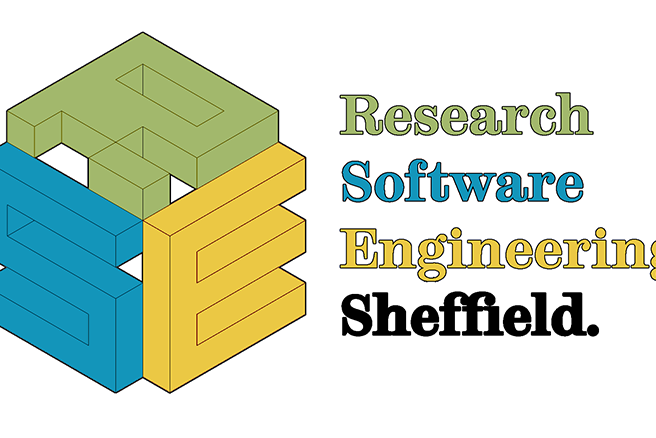By: Dr Mozhgan Kabiri Chimeh, Research Associate/Research Software Engineer in Massive Scale Complex Systems Simulation with Accelerated Computing at University of Sheffield, UK.
I am a Research Software Engineer (RSE) at Computer Science Department, University of Sheffield. I started working as one in September 2016 and I’ve been enjoying every moment of it. One of the good things about being an RSE is to be involved in various projects and learn something new and interesting almost every day. You get to be involved in cutting-edge research and make a contribution by supporting their software.
Often at the conferences and departmental events, I am being asked questions about the RSE role and skills required to be hired as one! PhD students would like to know what sort of skills they need to master in order to become an RSE and what exactly an RSE does.
Well, Research Software Engineer is a term created by a group at Software Sustainability Institute collaborations workshop in 2012. Research Software Engineer team in an institution comprises of individuals who support research software. In short, RSEs are software engineers with research experience and knowledge of underlying research field. These are the people behind a good piece of software that would lead to a reproducible research. RSEs have a combination of technical and managerial skills and expertise. They contribute to research software through a wide range of activities, e.g: leading the design of a software other researchers rely on, teach and train colleagues on using specific tools, raising awareness about research reproducibility issues, and etc.
Here at the Computer Science Department of the University of Sheffield, we have a central RSE group, a diverse team of 8 people who support research software through a number of different ways. From running training courses (Deep learning, Introduction to CUDA, etc.) to interdepartmental collaborations through developing, maintaining, and using a specialist software. Other activities include writing documentation on how to use a specific tool, a technical report, a grant proposal, and a research paper that relies on the produced software/tool.
Unfortunately, due to lack of enough support, recognition and funding, a fair number of research software engineers leave academia in a hope of securing a better job in the industry. Widely recognising and accepting the RSE role within the academic institutions could help individuals see the light at the end of the tunnel.
Notes from the Editor: Recognition of the Research Software Engineer role is growing in the UK. Recognising the existence and value of individuals who contribute to software in the academic community is vital. If you are in the UK we encourage you to join the growing RSE community. If you are outside the UK, get in touch and share what is going on in your region/country.
About the author: Dr Mozhgan Kabiri Chimeh
[one_third valign=”top” animation=”none”]

[/one_third]
[two_third_last valign=”top” animation=”none”]
Dr Mozhgan Kabiri Chimeh is a Research Associate/Research Software Engineer in Massive Scale Complex Systems Simulation with Accelerated Computing at University of Sheffield (Department of Computer Science), UK. She works in the area of complex system modelling using emerging high-performance parallel architectures and her speciality is in performance acceleration targeting Many-core and Multi-core architectures. Currently, she is developing the FLAMEGPU software framework which allows complex systems modelling on GPU architectures.
Previously, she worked on accelerating logic gate circuit simulation targeting heterogeneous architectures that involved optimising simulation algorithms and applying them to various parallel architectures (SIMD enabled machines, clusters, and GPUs).
Personal Website: mkchimeh.com
[/two_third_last]
About the University of Sheffield:
The Department of Computer Science, within the Faculty of Engineering, was established in 1982 and has since attained an international reputation for its research and teaching. Currently, there are over 100 members of staff in Computer Science, including 35 Academics. The Department has consistently rated highly in UK national research assessment exercises. Further information about the Department can be found at www.sheffield.ac.uk/dcs.

